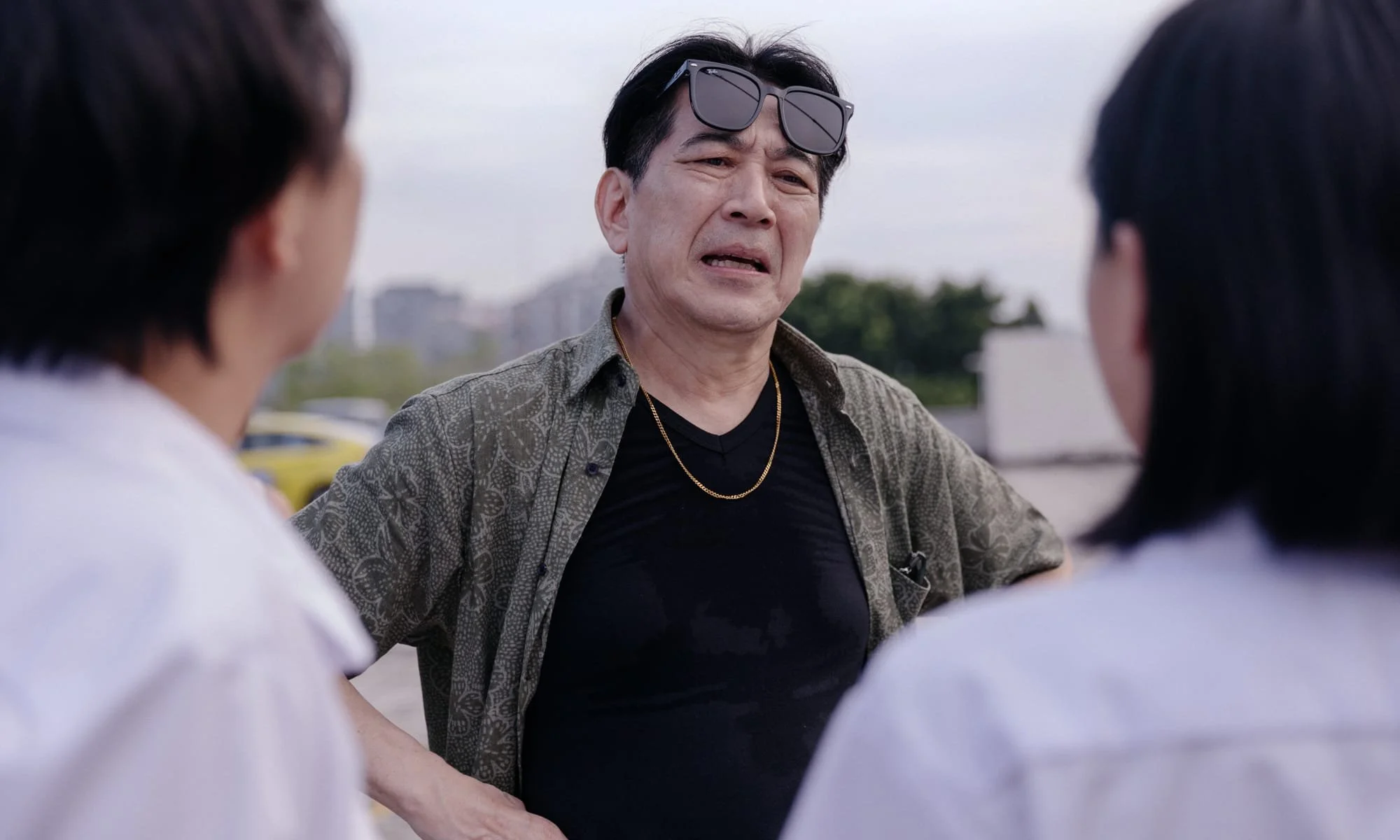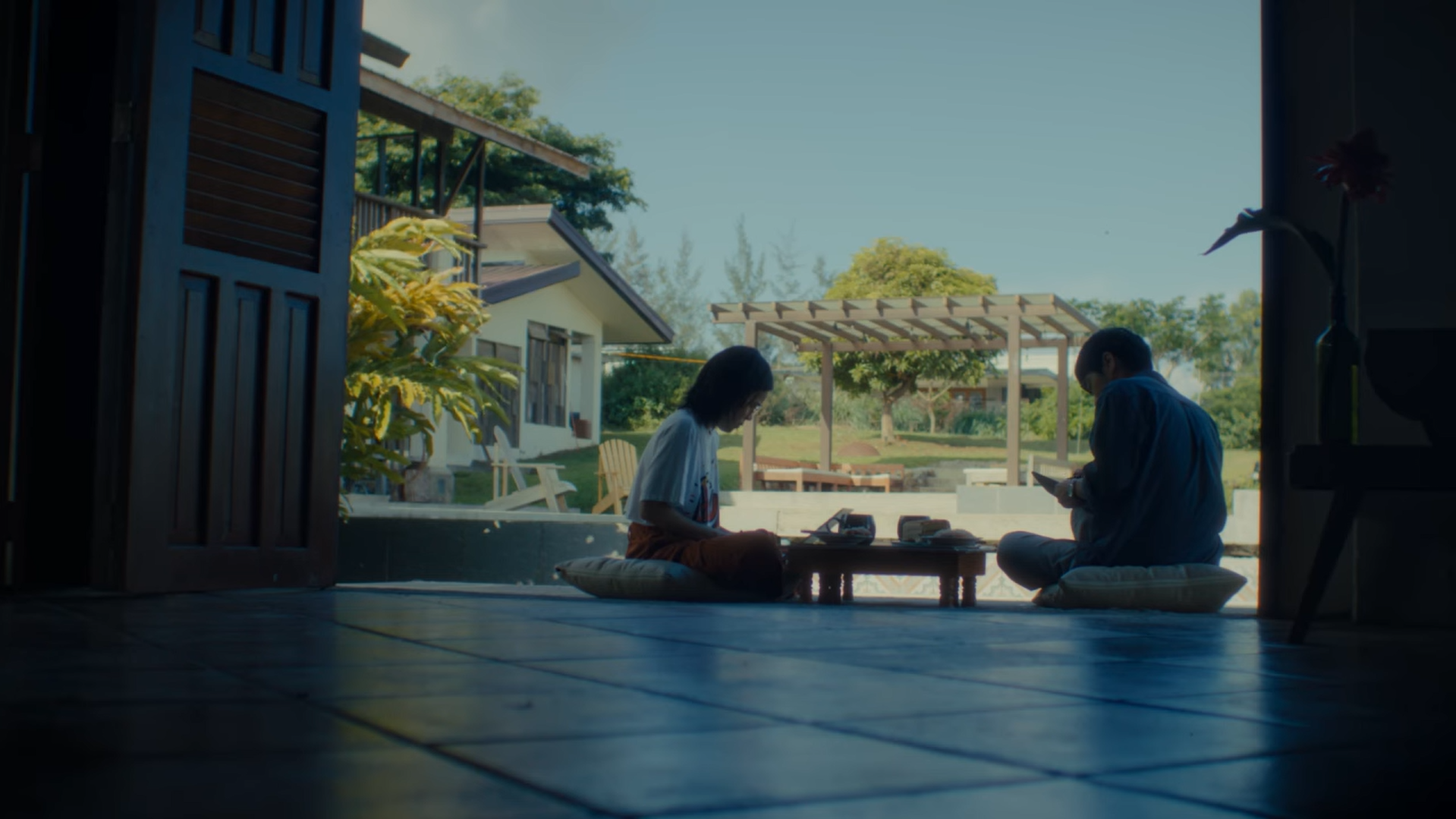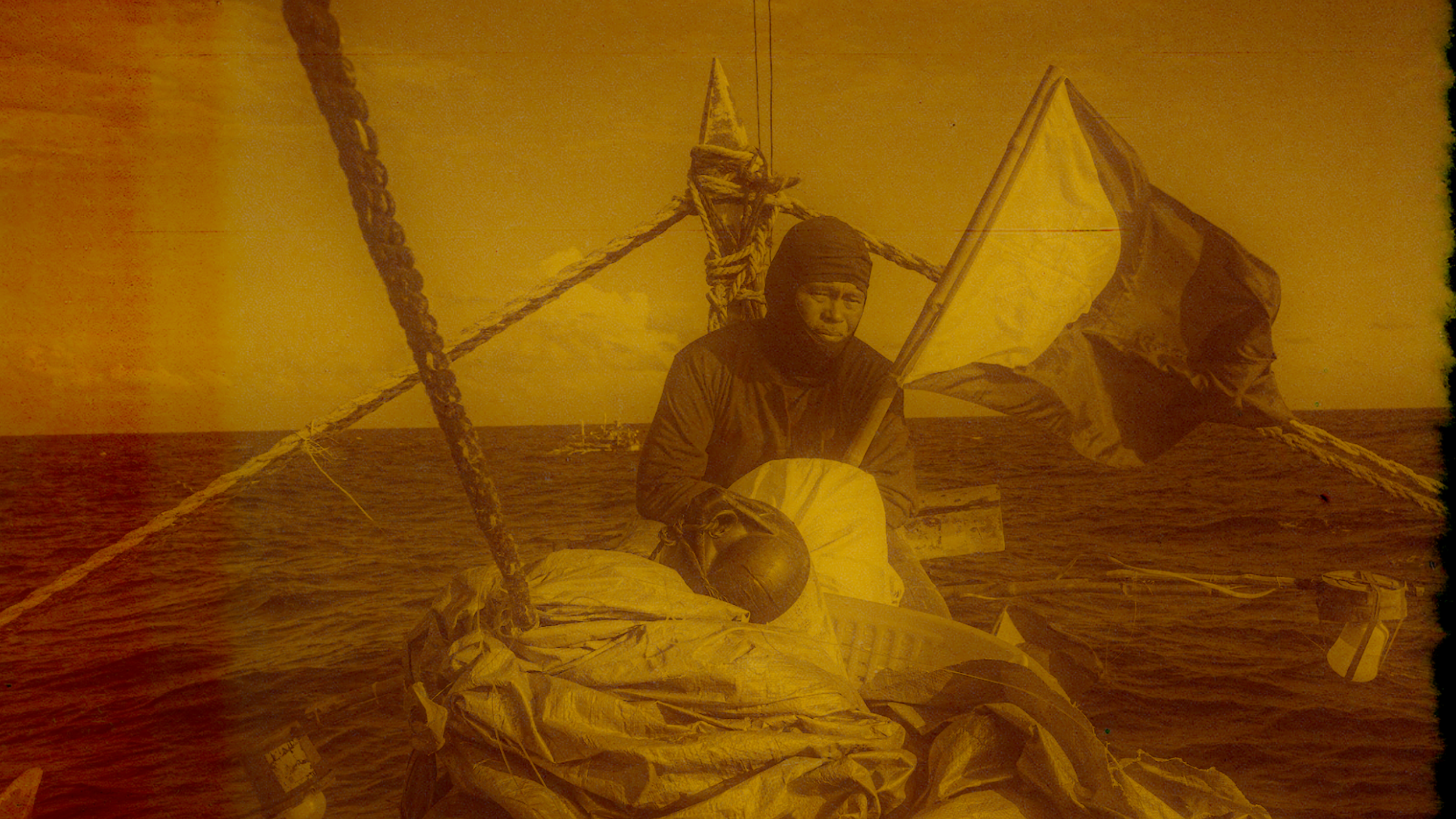'Amoeba’ REVIEW: What’s the DNA of a Nation?
'Amoeba’ REVIEW: What’s the DNA of a Nation?
The main Amoeba cast / Photo courtesy of Akanga Film Asia, Volya Films, Les Films d'Antoine, Mararía Films, and Widelog Office
An amoeba contains DNA, genetic material that carries a person's biological identity. Amoebas are also distinctly known as an organism that changes shape; a form that can be malleable to adapt to what's necessary for survival.
The way the title alone already brilliantly summarizes the film is an attestment to what makes Amoeba such an important watch. It is not only just a women's coming-of-age film of four teenage girls, but it's also a coming-of-age story of an entire young nation.
A country like Singapore, a literal trading port of resources and diverse cultures, has shaped itself into a capitalist utopia with a ridiculously prosperous economy, but underlined by the sociopolitical fears imposed on its people in the name of such growth. As Singapore has laws that essentially bans any and all public protests and displays of dissent, Amoeba’s mere existence is a protest in of itself. It's a bold artistic expression wherein the personal expresses the political. And the film only asks one question in reflection to the four girls we follow: What is the DNA of Singapore?
The main Amoeba cast / Photo courtesy of Akanga Film Asia, Volya Films, Les Films d'Antoine, Mararía Films, and Widelog Office
The way it navigates such answers is anchored to the story of a group of friends in an all-girls Confuscian high school. The central focus among the four is Choo Xin Yu, a dropout returning back to her school on a graduation year. She immediately establishes an anti-authoritarian attitude to the school's overtly conservative environment.
With teachers assigning arbitrary lengths for skirts and hair, with a side of forced nationalism, Choo starts immediately getting the attention of other fellow outcast students in her class. This group of misfits include Gina (Genevieve Tan) the jokey tomboy, Vanessa (Nicole Lee) the sporty athlete, and Sofia (Shi-An Lim) the most well-off and connected of the gang.
I emphasize the word gang, because among all their mischievousness, their bond as friends truly began by a mutual desire to form a gang. So along the way, Sofia’s gangster uncle, Phoon (Jack Kao), teaches them a little bit about his life as one: It's about Loyalty, Righteousness, Brotherhood, and Truth. Those values truly resonated with the gang; to the point of there being a palpable dream from them to become gangsters.
Even with different backgrounds, they all mutually share this instinct to rebel against the oppressive and restrictive school system. The connections of institutions like school to fascism are not only subtextually felt but directly enforced to every cold hallway and stern face of all the authority figures ruling the place.
Ranice Tay as Choo and Nicole Lee as Vanessa in Amoeba / Photo courtesy of Akanga Film Asia, Volya Films, Les Films d'Antoine, Mararía Films, and Widelog Office
Like any good coming-of-age film around your teenage years, Amoeba is exemplary in covering so many fragments of a teenage girl's messy life in Singapore. From discovering caves in construction sites (filmed in Antipolo’s mystical caves) to smaller moments like Choo briefly catching intimate feelings for Vanessa, the film breezily chronicles through the hilarious ups and soul-destroying downs of a single school year.
There's even a recurring visual device of using Sofia’s camcorder, at first used to record an alleged ghost in Choo’s bedroom, eventually becoming a tool of self-expression for the gang’s dissenting opinions. A breathing space to be free in a society that actively discourages freedom.
One particular highlight that encapsulated the best parts of both their friendship and sense of rebellion, was the gang making a satirical play in front of the whole school. The play’s story consists of four fish characters blatantly lampooning to their teachers the founding of Singapore; not as a point of historical or cultural pride but as a foundation that raised stale condominiums and traditional nuclear families.
The gang got to clean a bathroom as punishment for daring to point out that Singapore’s culture was just nothing but a shallow capitalistic chase and traditional gender roles that don't fully click with them. In fact, throughout the entire film, there was no mention of any boys or boy crushes in their lives; just girls getting into trouble and being there for each other.
Jack Kao as Uncle Phoon in Amoeba / Photo courtesy of Akanga Film Asia, Volya Films, Les Films d'Antoine, Mararía Films, and Widelog Office
But as much as there are hilarious and joyous moments that showed a seemingly tight bond, the gang was always going to have to face the realities of eventually graduating to junior college. It even seemed like they had plans to go to the same university together. Class differences say otherwise, especially to wealthy kids like Sofia. There were always these little signs that the dynamics will always be different to the gang, like how there was a constant code switching between Mandarin (the poorer classes’ primary language) and English (the language of the more affluent).
The real life absurdity of creating class out of bilingual people is even more nakedly shown when Choo constantly switches between Mandarin and English, while the more affluent Sofia mainly sticks to English. It's this intentionally muddy mixing of code meant to lay bare the inherent post-colonial insecurity of Singaporeans to simultaneously be both rooted in some kind of origin, but also “business-ready” as fluent English speakers.
The underlying friction truly surfaced when it was revealed that Sofia was already going to a much more prestigious university, and essentially pushed her friends to pull everyone's grade up to go to her level. She tried to drag the much less studious gang to be the very model citizen Singaporean they despise because that's just the expectation of what everyone should be. Sofia was an outcast, but not a rebel. And for an inherently rebellious person like Choo, that was fundamentally unacceptable.
The main Amoeba cast / Photo courtesy of Akanga Film Asia, Volya Films, Les Films d'Antoine, Mararía Films, and Widelog Office
So where the film ends is centered back into that question: What is the DNA of Singapore? A very surface level answer is usually signified by the Merlion, the mascot as a microcosm of Singapore’s underdog story from fishing village to economic superpower. And in the film's final scene where all four girls are taking their oral application exam for college, a picture of the city and that very Merlion is their question. The test taker asks them a simple inquiry of what the picture with the mascot means to them.
How the four of them answer it reveals so much about who they truly are.
Since Sofia has deep pockets of connections and backdoor answers, she gives the textbook definition that is expected for a typical successful Singaporean. For Vanessa, she essentially copies Sofia’s similar answers, near-verbatim; for as much as she loves being a rebel, Nessa will eventually just cave into conformity the moment she's truly tested. Gina’s answers are a bunch of funny observations on Merlion's anatomy and aseuxality that does show her still being cheekily a rebel, but ultimately unserious about life in any real way.
Choo Xin Yu, however, gives a soliloquy about what it's truly like to be a Merlion. Choo says that is because she is curious about what other people think of the Merlion when people stare at it; in essence, asking herself what do people perceive herself as.
The brilliance of this being a coming of age film centered on finding one's own identity, is also a question that the film asks about their own country. The Merlion is not even an ancient mythological creature, it was essentially a tourism board marketing gimmick made by ministers in the 70s to appeal to foreigners. Choo questions manufactured myths like the Merlion as something worth uplifting because of the inherent fakeness of them. She presses on that false notion of the Merlion as a point of pride or a foundation of a nation, when they're still unsure who they truly are.
She openly says the “wrong answers” and leaves the test room, lingering on her alone in the hallway. The one truly fearless gangster in a country built on fear. It's a lonely feeling to be a principled person in a country that discourages it, but it's one that Choo seems to be completely satisfied with being. That gets further punctuated by the ending, with a POV shot of Choo holding the camcorder as the rest of the gang looks out to the distant future. Before looking back at Choo’s camera and cutting to black. A strikingly bittersweet hard cut that essentially ends with the price one pays in even questioning what the identity of a nation like Singapore is.
Because if more people like Choo Xin Yu kept asking what the identity of Singapore is, Singapore itself would hate to hear the truth.
‘Amoeba’ is part of the 2025 QCinema International FIlm Festival lineup. The film won Best Film under the New Horizons category during the Awards Night last November 19, 2025.

















